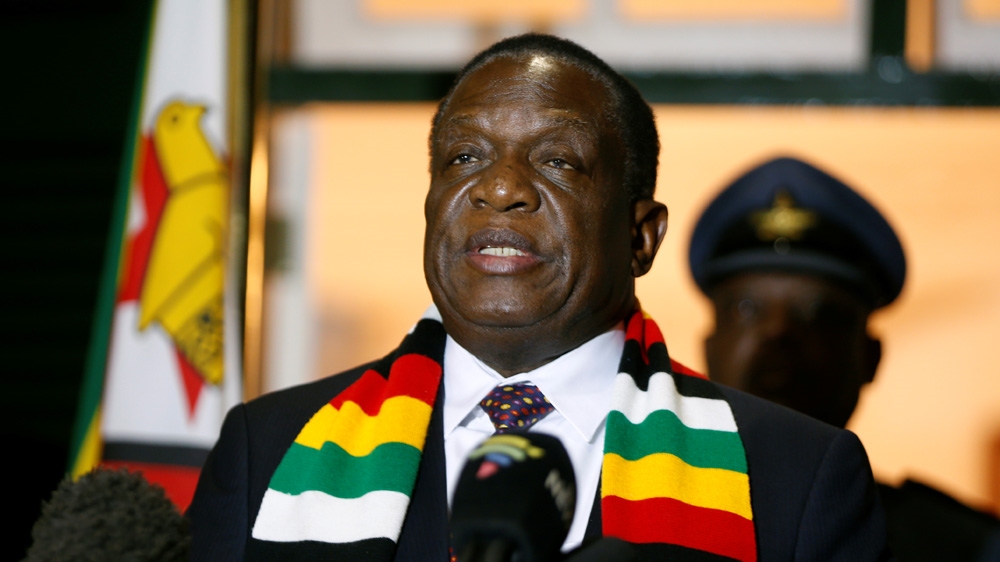Zim eligible for carbon credits: ED
PRESIDENT Emmerson Mnangagwa says the energy sector offers opportunities for the country to receive carbon credits given the southern African nation’s thrust to develop clean renewable energy.
A carbon credit is a tradable certificate or permit representing the right to emit a set amount of carbon dioxide or the equivalent amount of a different greenhouse gas.
Speaking at the just-ended Africa Business Forum held in Addis Ababa, Ethiopia, Mnangagwa said: “In Zimbabwe, the energy sector has a ready market for carbon credits as the country is facing power shortages due to increased demand in all socio-economic sectors. Energy efficiency, cleaner technologies in the manufacturing sector and the replacement of hydrofluorocarbons presents further opportunities,” he said.
“In addition, there are opportunities in the transport sector to reduce emissions through partnerships in mass bus transit systems and railway transportation with an emphasis on renewable energy.”
Mnangagwa said many countries were putting in place plans, policies, legislation and partnerships on the business of carbon trade, while some were re-examining the carbon trade deals they made in the past, due to lack of results.
In October last year, Finance minister Mthuli Ncube revealed that government was conducting an audit on all its natural assets to see which ones could be used to form tradable carbon credits.
Mnangagwa said the carbon business deals in place had not fulfilled the climate, economic, environmental and social goals that they had promised.
He added that Zimbabwe had vast opportunities for carbon trading in the energy sector through investments in solar, wind, mini-hydro and geothermal power generation.
He said the country was completing the development of its national carbon credit framework which will guide players, benefit communities and protect investors who wish to establish carbon trade-related projects in the country.
The framework will establish institutions to enhance transparency of transactions and accountability to ensure that the country gets a fair share of the proceeds from the trade.-newsday











